Tara Boyle
Stories
-
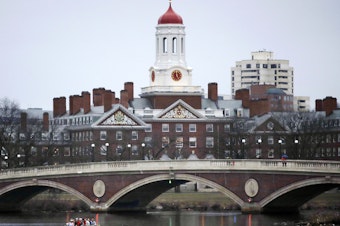
You Can't Hit Unsend: How A Social Media Scandal Unfolded At Harvard
Social media sites offer quick and easy ways to share ideas, crack jokes, find old friends. They can make us feel part of something big and wonderful and fast-moving. But the things we post don't go away. And they can come back to haunt us. This week, we explore how one teenager's social media posts destroyed a golden opportunity he'd worked for all his life.
-

You 2.0: Decide Already!
For the last episode in our You 2.0 series, we bring you a favorite conversation with Harvard researcher Dan Gilbert. He explains why we're bad at predicting our future happiness, how that affects our decision making, and why we're actually happier after making a decision that feels irrevocable.
-

You 2.0: Deep Work
When your phone buzzes or a notification pops up your screen, do you stop what you're doing to look and respond? That's what many of us are doing. Even though we think we should be less distracted by technology, we haven't admitted the true cost of these interruptions. This week, we revisit our 2017 conversation with computer scientist Cal Newport, and consider ways we can all immerse ourselves in more meaningful work.
-

You 2.0: Rebel With A Cause
Francesca Gino studies rebels — people who practice "positive deviance" and achieve incredible feats of imagination. They know how, and when, to break the rules that should be broken. So how can you activate your own inner non-conformist? This week, we ponder the traits of successful rebels as we revisit our 2018 conversation with Gino.
-

You 2.0: Our Better Nature
If you live in a big city, you may have noticed new buildings popping up — a high-rise here, a skyscraper there. The concrete jungles that we've built over the past century have allowed millions of us to live in close proximity, and modern economies to flourish. But what have we given up by moving away from the forest environments in which humans first evolved? This week, we revisit our 2018 conversation about the healing power of nature with psychologist Ming Kuo.
-
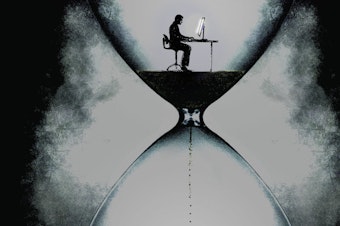
You 2.0: Tunnel Vision
When you're hungry, it can be hard to think of anything other than food. When you're desperately poor, you may constantly worry about making ends meet. When you're lonely, you might obsess about making friends. This week, as part of our You 2.0 series, we bring you a favorite 2017 episode about the psychological phenomenon of scarcity. Researchers say this form of tunnel vision can affect our ability to see the big picture and cope with problems in our lives.
-
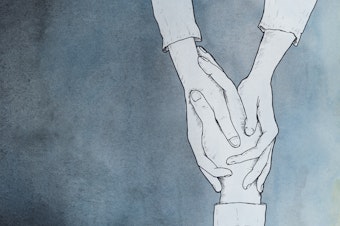
You 2.0: The Empathy Gym
Some people are good at putting themselves in another person's shoes. Others may struggle to relate. But psychologist Jamil Zaki argues that empathy isn't a fixed trait. This week: how to exercise our empathetic muscles. It's the first episode in our You 2.0 summer series.
-

Decisions, Decisions: Some We Struggle To Make, Others We Can't Forget
This week on the Hidden Brain radio show, decision-making. We learn why we often stumble when trying to make ourselves happy, and why certain decisions leave us wondering "what if?"
-
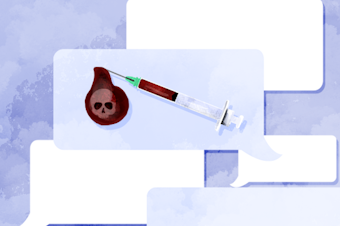
Facts Aren't Enough: The Psychology Of False Beliefs
Sometimes when we believe something, no amount of data can change our minds. This week, we look at how we rely on the people we trust to shape what we believe, and why emotions can be more powerful than facts. This episode features new reporting and favorite conversations with neuroscientist Tali Sharot and philosopher of science Cailin O'Connor.
-
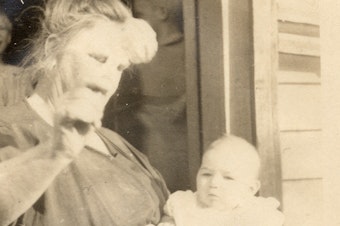
Whose Utopia? How Science Used The Bodies Of People Deemed 'Less Than'
There is a long legacy of leaders exploiting the bodies of vulnerable people in the name of science. This week, the history of eugenics and medical experimentation on enslaved people in the U.S.